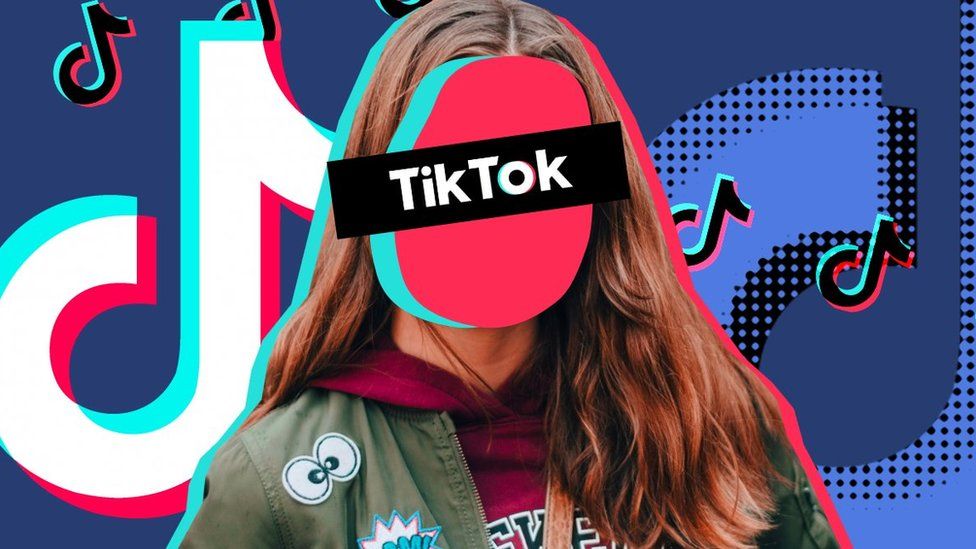Every big achievement starts with one small step. Actually, it starts with the big step of deciding to take a small step.
Although we may not remember it, before words we had to learn each letter one by one.
Music is a language all on it’s own. Just like alphabet letters one must learn notes. As we learn sentences we learn songs. Just like we can learn about the theories of reading and writing we can learn about music theory. We must learn notes before we can grasp concepts like transposition and key signatures just like we need to know words before paragraphs. As Malcolm X said in Learning to Read “I became increasingly frustrated. at not being able to express what I wanted to convey in letters that I wrote.” This is why I like many others turned to music when I felt that words had failed me. Music is a language that transcends all other languages. If you can learn to read music, then you can read history of so many cultures all over the world.
My point is, just like learning literacy, learning to read music starts with the most fundamental building blocks, but then there is endless combinations of what you might devour. The more you learn, the more you can break free of any “rules” that limit you. Because I immersed myself into learning all about reading music, a new world opened up to me. So many people are in this world and as a result there is no limit to what they might create. They have found hundreds of different ways to play Mozart’s 68 symphonies. People can even take modern pop songs, and translate them to traditional instruments like Guzheng (古箏). Thanks to this, the traditional Chinese instrument is making a comeback, creating a cultural restoration of sorts. There are millions of songs out there, thousands of instruments, and there is no end to all combinations that can be made. In this sense music is language that is more than a language, but also a form of literacy.

